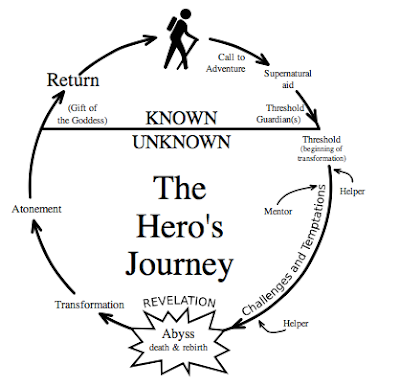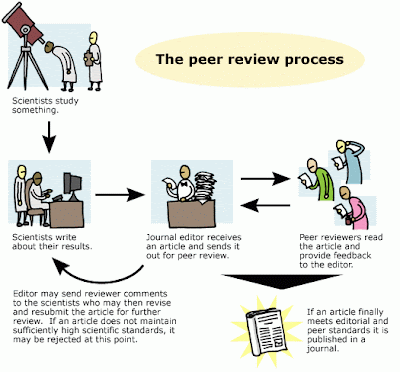The Once & Future King: Day 2
Period 1: Lab. Please continue working on your writing portfolio. Period 2: Classroom. Help yourself to a snack, coffee or tea. We will listen to chapter 3 of The Once & Future King. As you read, use the graphic organizer to storyboard major events in the chapter. HOMEWORK: Please read The Once & Future King . See previous post assignment and today's storyboards for details about how to keep track of the chapters in this book. Read as a writer, noting passages that you might be able to model, particularly involving characterization, setting, narrative voice, dialogue, and humor. Continue writing if you can to prepare your portfolio for the end of the marking period (Jan. 20).


